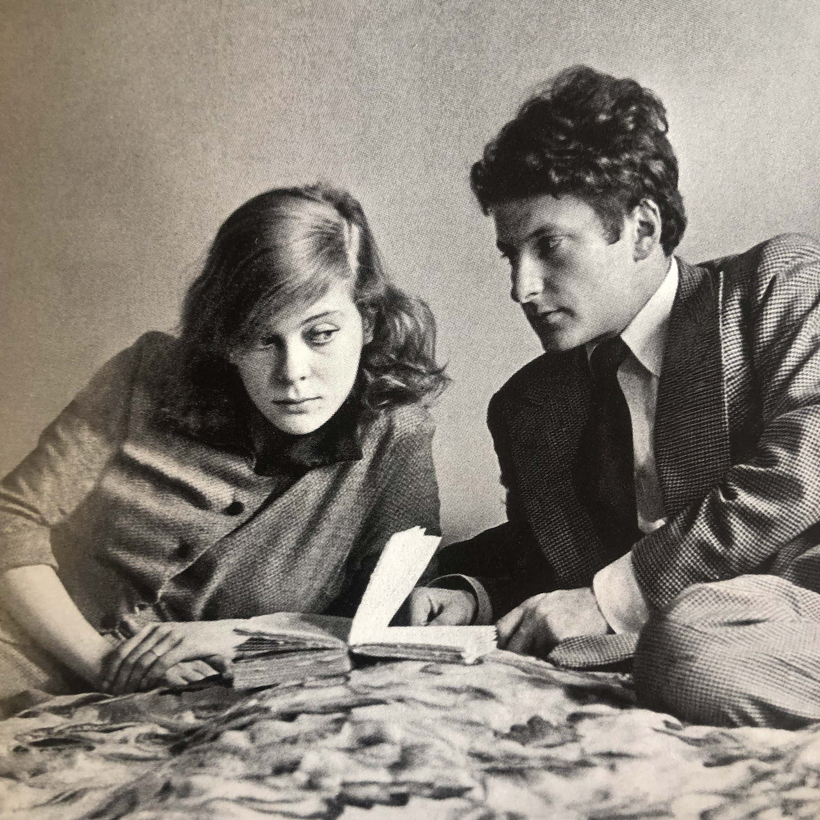The artist Lucian Freud seems to be everywhere. To mark the centenary of his birth this past December, there have been at least seven exhibitions of his work in London alone, including a landmark show currently running at the National Gallery, as well as several handsome coffee-table books and, most recently, a book of his letters.
I can’t help but wonder what my mother, the writer Lady Caroline Blackwood, would make of all the fuss. After all, it is her enormous blue eyes gazing forlornly out of the canvases of three portraits by Freud at the National show; his love letters to her written in childish handwriting that are included in the new book; and reproductions of his studies of her that appear in catalogues all over the world.


